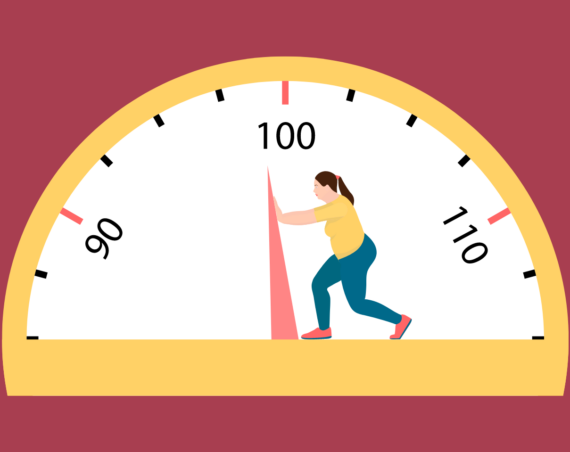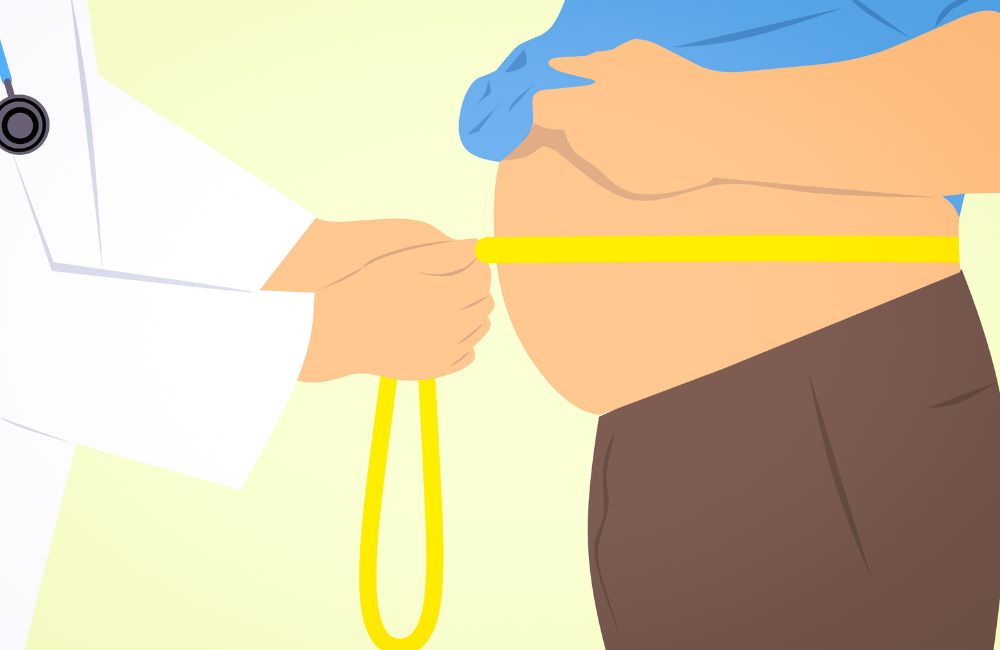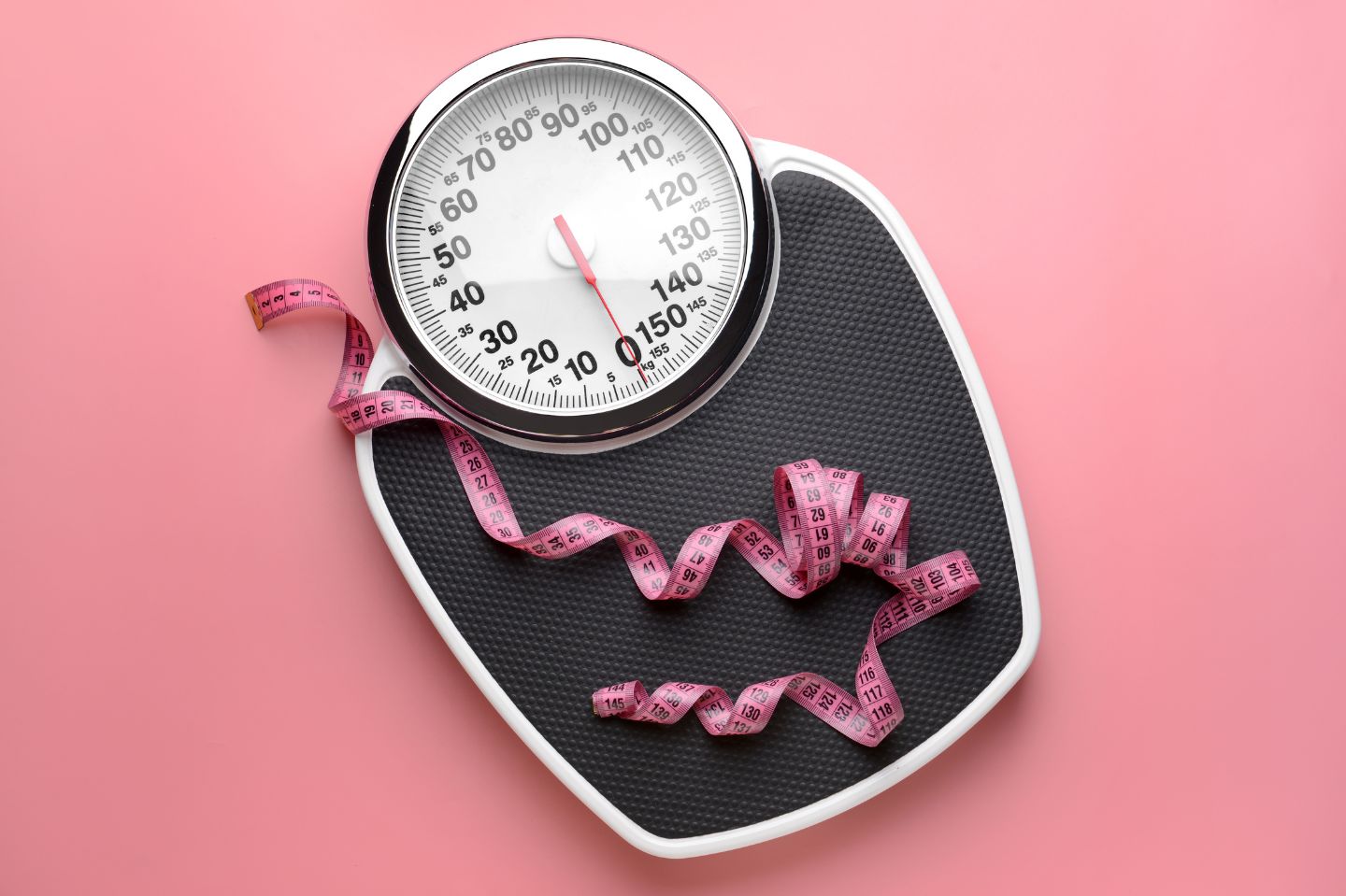
We’ve all seen those enticing headlines boldly displayed on magazine covers at our local grocery stores, promising miraculous weight loss like ‘Lose 20 pounds in 1 week!’.
Every day, new diets hit the scene, each claiming to be the game-changer for shedding those extra pounds. Yet, if diets were truly effective, why do we find ourselves repeatedly seeking the next big thing?
Contrary to what the media suggests, there’s no secret shortcut to weight loss. Whether you’re following Keto, Paleo, Carnivore, Whole30, or something in between, a diet is still a diet.
Ongoing research consistently reveals that diets don’t provide a sustainable solution. Any drastic shift in eating patterns tends to harm long-term sustainability.
If we struggle to maintain the changes we make, any initial weight loss achieved during the process is likely to bounce right back.
Instead of riding the yo-yo train, consider making the next stop and explore some tips below.
The key to successful weight loss lies in the ability to stick with the changes you make. This involves opting for changes that are a bit smaller and less drastic.
How to Lose Weight Fast
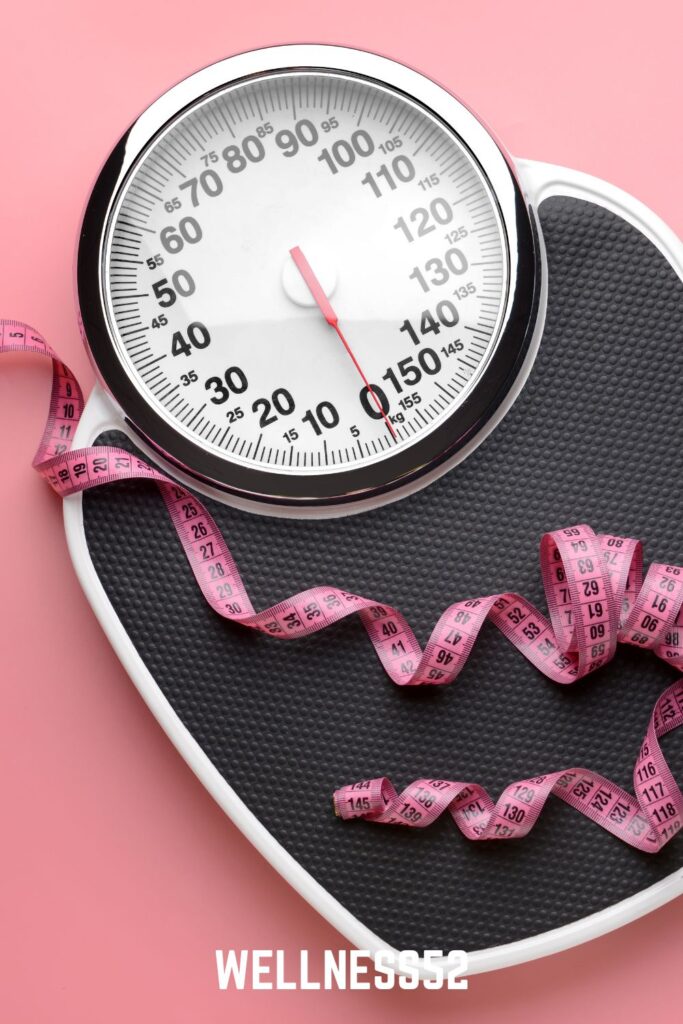
Without further ado, here are 8 science-backed tips that can help you lose weight fast and sustainably.
You may also like:
- How To Lose 50 Pounds as Quickly as Possible: 5 Simple Steps, Backed by Science
- How to Lose 10 Pounds in a Week: 10 Simple Steps
1. Focus on Balance

According to the Dietary Guidelines for Americans, a balanced diet should include the five food groups. This includes fruits, vegetables, whole grains, low-fat dairy products, and protein.
You should also aim to consume low amounts of processed foods. These tend to be high in added sugar, sodium, and saturated fats.
To help you balance your plate, the USDA has created the MyPlate graphic for reference. This graphic shows what a typical meal should include, along with the portions.
For example, they recommend aiming to fill half of your plate with fruits and vegetables. The other half of your plate should consist of a fourth protein and a fourth carbohydrate.
To put this together, consider you are planning to have chicken with rice and a side salad. When you make your plate, fill half with the salad, a fourth with chicken, and a fourth with rice.
If you are planning to have pasta that contains only noodles and a cream sauce, throw in some protein and some veggies. Any meal can be adjusted to fit within these guidelines.
Balancing your meals helps to ensure you are getting a variety of nutrients. It also helps to keep you feeling full and satisfied for longer.
Protein, healthy fats, and fiber, all help to keep us fuller during our meals. If we are missing one of these components, we are a lot more likely to overeat throughout the day.
2. Drink Smart (Avoid Sugary Drinks & Stay Hydrated)

It’s a mistake many of us make, some daily, and that’s drinking your calories. What we drink, although often overlooked, can be impactful on our waistline.
Cutting out sugar-laden beverages can mean big weight loss for those who consume them regularly. These include sodas, juices, energy drinks, sugary coffees, sports drinks, and more.
Although they are delicious, they can be packed with sugar and calories, even in drinks, we may not consider sugary, such as fruit juices.
For example, a 12-ounce can of Pepsi contains 150 calories and 41 grams of added sugars. For someone who consumes 3-4 of these daily, enough to be an extra meal.
Consuming excess amounts of added sugars can have a large impact on our weight and our health. According to the American Heart Association, added sugars should be limited to no more than 6-9 teaspoons per day, about 24-36 grams.
Research shows that a high intake of sugar-sweetened beverages can skyrocket our risk of developing obesity. It can also raise our risk of developing other chronic conditions, such as type 2 diabetes, heart disease, kidney disease, and more (1, 2).
Instead of reaching for a sweet drink, opt for water. Many Americans are not consuming enough water throughout the day.
This can lead to low energy levels and increased incidences of snacking. Although there is currently no set guideline for recommended water intake in adults, a good rule of thumb is 64 ounces.
If you don’t love water, try dressing it up by infusing it with fruit. You can also choose to eat more hydrating foods, such as watermelon, cucumbers, grapes, and celery.
3. Avoid Skipping Meals
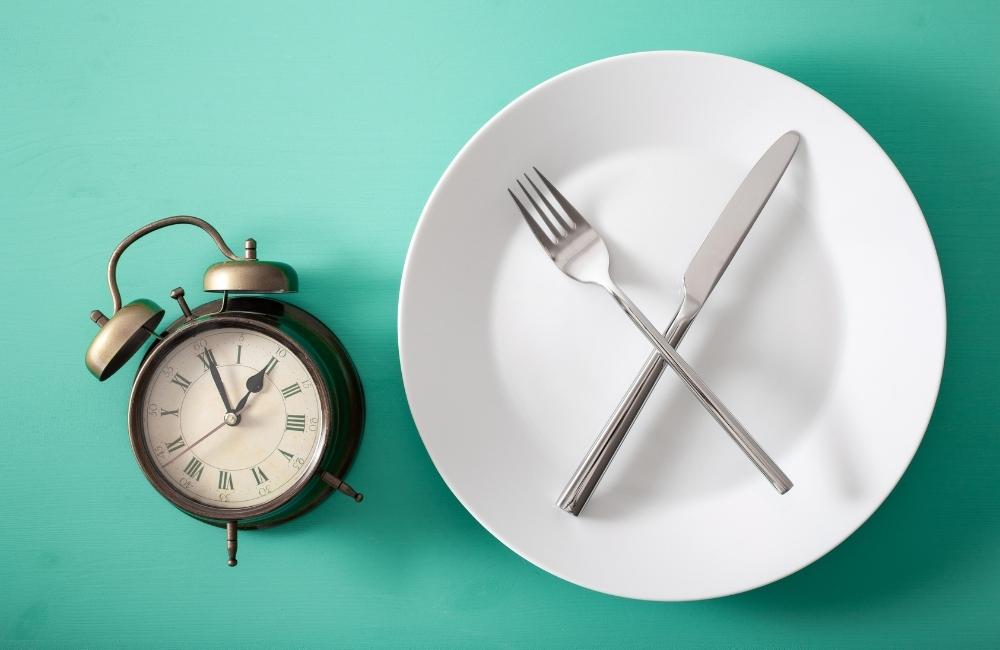
You may think you’re doing yourself a favor by choosing to cut out a meal or two, but this is wreaking havoc on your metabolism. When we go long periods without eating, it’s more likely that we will over-eat later in the day.
Instead, plan to eat consistently, whether that means three meals per day, snacks in between, or small, frequent meals. The key is what best controls your hunger levels so that you do not feel the need to overeat at your next meal.
Be sure to use tip #1 to help build your meals and always include a snack that contains a protein source to get the most bang for your buck.
4. Snack Wisely
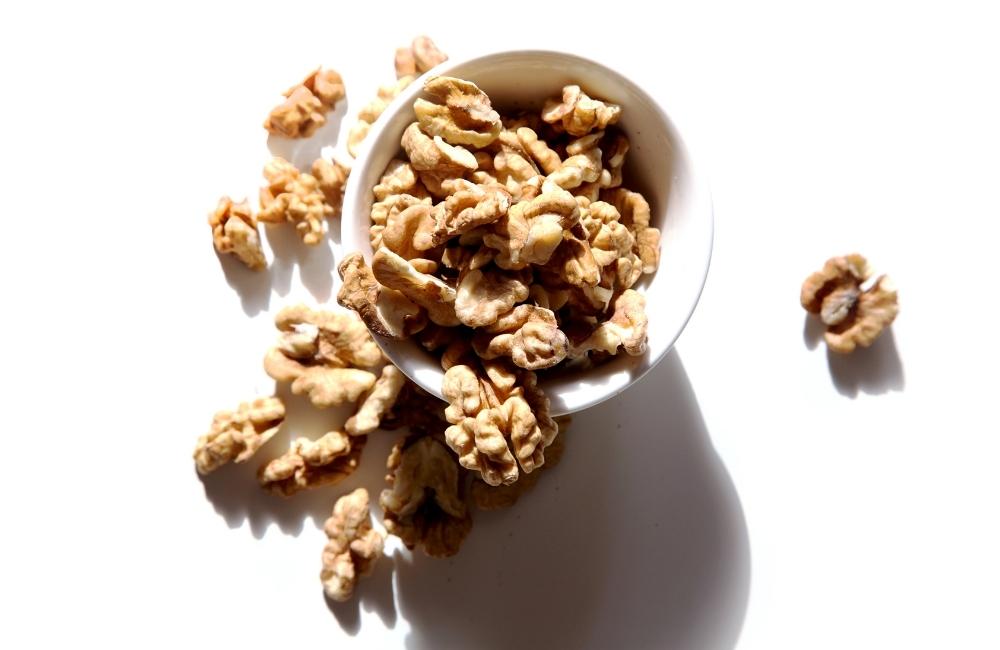
If you are a snacker, re-evaluating your snack choices can help lead to significant progress when it comes to weight loss. When choosing a snack, it’s important to be mindful of the choices you make in terms of food quality and calories.
Try to limit choosing highly processed food items for snacks, such as chips, cookies, crackers, etc. These foods are easy to overeat and often contain high amounts of calories, sodium, added sugars, and saturated fats.
Instead, try pairing a fruit or vegetable with a protein source to keep you satisfied without all the additional calories. This could be apples with cheese, a banana or celery with peanut butter, or cottage cheese with pineapple.
Aim to keep more of these options in your fridge or pantry to encourage you to choose them over processed snack foods. This tip could help you cut down on the extra calories and boost your nutrition with a simple swap.
5. Be Mindful

Being fully present during your meals and snacks can make a big difference when it comes to your eating habits. Many of us are guilty of distracted, emotional, and even boredom eating.
It’s no secret that eating can be pleasurable. Because of this, we often reach for food to cope with different emotions. This can lead to overeating and weight gain.
Practicing mindful eating strategies can help us make better food choices overall. This can lead to progress with sustainable weight loss.
Mindful eating is an approach created to help us recognize and better cope with our emotions when it comes to food. Studies on mindful eating show weight loss promise from behavior change and overall stress reduction (3, 4, 5, 6).
Next time you plan to enjoy a meal or snack, consider the following:
- Avoid distraction – Cut out the television, your phone, and your computer.
- Have a designated space – Have a space in your home to enjoy your meals without distraction, such as the kitchen table.
- The portion before sitting down – Whether it’s a meal or a snack, portion out the amount you want and avoid going back for seconds or eating out of the bag.
- Enjoy your food – Take some time during meals and snacks to consider how the food tastes, smells and feels in your mouth. You want to really experience the foods you are eating.
- Eat slowly – Take your time during meals and snacks, and set your utensils down between bites.
6. Practice Moderation, Not Guilt
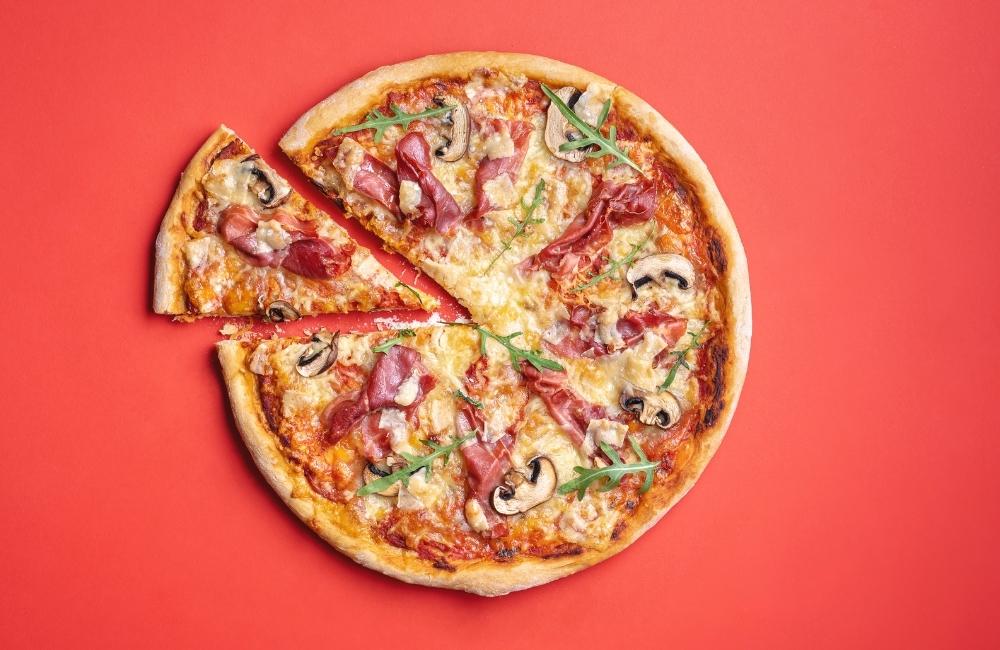
It’s common to want to perfect the art of weight loss however, this often leads to the all-or-nothing mentality. This thought process can be detrimental to any weight loss progress. Remember that all foods can fit in a healthy diet.
Instead of focusing on what foods you cannot eat anymore, or labeling foods as good or bad, practice moderation. Emphasize adding more good foods to your diet versus cutting out everything you feel is bad.
If you have a bad meal, a bad day, or a bad week, instead of filling yourself with guilt, focus on moving forward.
Just because you didn’t eat as well as you had hoped during that time, doesn’t mean you failed. Failure only occurs when we stop trying.
7. Sleep Better

Many people underestimated how important getting adequate sleep is. To be present, energized, and make the best decisions each day, we need to be well rested.
In fact, there is a strong connection between sleep and weight. When we don’t get adequate sleep each night, our hormones become disrupted. This includes hormones that play a role in appetite, Leptin (which promotes fullness), and Ghrelin (which promotes hunger).
It’s also believed lack of sleep can affect our food preferences. This can increase our chances of reaching for high carbohydrate, calorically dense foods (7).
It’s recommended to get a minimum of 7-8 hours of uninterrupted sleep each night. If you struggle with getting enough sleep, consider the following:
- Avoid blue light exposure from the TV, your phone, or your computer, at least 1 hour before bed.
- Avoid drinking caffeinated beverages later in the day.
- Keep your bedroom dark and use your space for sleeping only
- Keep a regular sleep schedule
- Avoiding eating large meals before bed
- Add physical activity to your routine
8. Move Your Body

Last, but certainly not least, get your body moving. Physical activity is a great way to accelerate your weight loss progress.
To make the most out of your weight loss journey, aim to incorporate both aerobic exercise and strength training.
The Center for Disease Control and Prevention recommends 150 minutes of moderate-intensity activity each week. That is about 30 minutes per day of any exercise that gets your heart rate up.
It’s also recommended to include at least 2 days of strength training exercises. These exercises should target the major muscle groups (legs, hips, back, abs, chest, shoulders, and arms).

